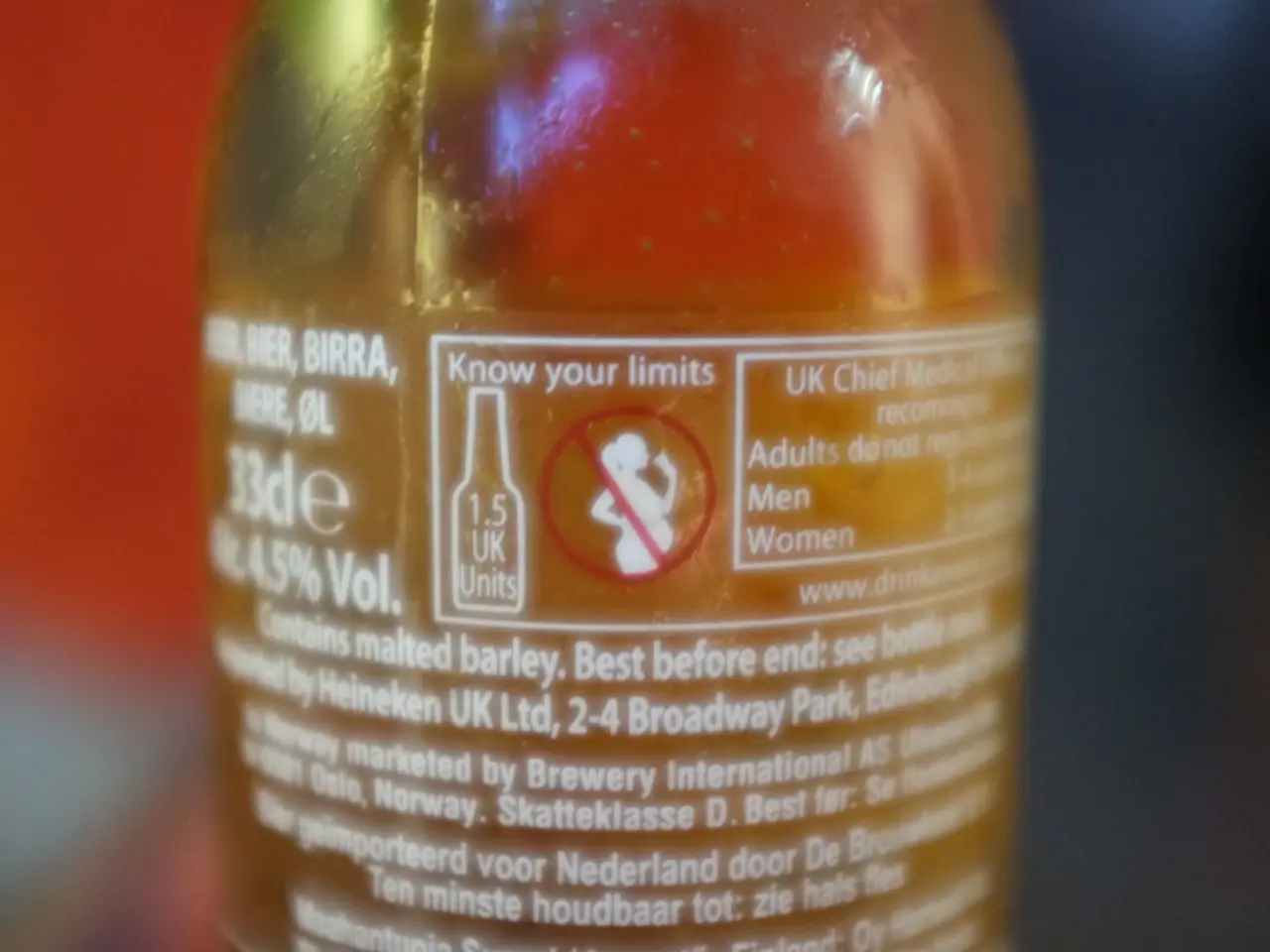Testosterone boosters: Effectiveness and key considerations to keep in mind
The market is flooded with testosterone boosters, promising to increase testosterone levels and improve overall health. However, the scientific evidence on their effectiveness and safety is mixed, and it's crucial to understand the potential risks and benefits before making a decision.
Testosterone boosters come in various forms, from over-the-counter supplements to prescription therapies. The primary sex hormone in males, testosterone contributes to muscle mass, facial and body hair growth, libido, and sperm production. Some athletes may use testosterone boosters to support their training, but it may violate anti-doping rules.
Over-the-counter testosterone boosters, such as T-Max, typically contain ingredients like fenugreek, zinc, maca, and ashwagandha. These supplements claim to support the body's own testosterone production through mechanisms like stimulating luteinizing hormone release. While these formulations aim for safer hormonal balance with fewer side effects, they are not free from contraindications, especially for those on certain medications or with specific medical conditions.
On the other hand, the FDA warns against some testosterone boosters marketed as dietary supplements, like T XTRA Strength Test Booster, which have been found to contain hidden pharmaceutical ingredients. This highlights safety concerns in some over-the-counter boosters lacking proper ingredient disclosure and regulation.
Testosterone replacement therapies, such as testosterone pellets, deliver steady hormone doses but carry risks like infection, hormone overdosing, and side effects including fluid retention, acne, decreased sperm counts, and potential cardiovascular impacts. These therapies disrupt natural testosterone production, potentially causing dependency and withdrawal symptoms if stopped abruptly.
Certain supplements highlight specific compounds, like cocoa bean extract and pomegranate peel, with clinical studies suggesting mild testosterone-supportive effects. However, conclusive evidence on their significant impact on testosterone or long-term safety remains limited.
In summary, natural testosterone boosters, such as T-Max, have preliminary evidence for mild boosts via botanicals. They are generally safe if properly dosed, with some drug interactions. On the other hand, FDA-warned boosters, like T XTRA, have no legitimate clinical support and pose significant health risks. Testosterone replacement therapies, such as pellets, are effective for hypogonadism but come with side effects.
Medical advice is essential before using any testosterone booster, particularly because many are unregulated or have limited evidence supporting them. Lifestyle changes remain the recommended first step to support natural testosterone, such as maintaining a moderate body weight, eating a nutritious and balanced diet, exercising regularly, quitting smoking, moderating alcohol intake, avoiding opioids, and avoiding xenobiotics.
It's important to note that typical testosterone levels in males are between 300 to 1,000 nanograms per deciliter (ng/dL). Low testosterone may be due to age or health conditions affecting the testicles, pituitary gland, and thyroid. Symptoms of low testosterone include small testes, a decrease in facial and body hair, gynecomastia, difficulty gaining muscle mass, low sperm count, low libido, osteoporosis, and hot flashes.
References: [1] Natural Testosterone Boosters: https://www.healthline.com/nutrition/natural-testosterone-boosters [2] FDA Warning on Testosterone Boosters: https://www.fda.gov/news-events/press-announcements/fda-warns-companies-illegally-selling-unapproved-testosterone-products-claiming-treat-low-testosterone [3] Testosterone Replacement Therapy: https://www.mayoclinic.org/tests-procedures/testosterone-replacement-therapy/about/pac-20394654 [4] Specific Compounds in Testosterone Boosters: https://www.ncbi.nlm.nih.gov/pmc/articles/PMC5820819/ [5] Lowering Cortisol and Testosterone Levels: https://www.ncbi.nlm.nih.gov/pmc/articles/PMC5833257/






